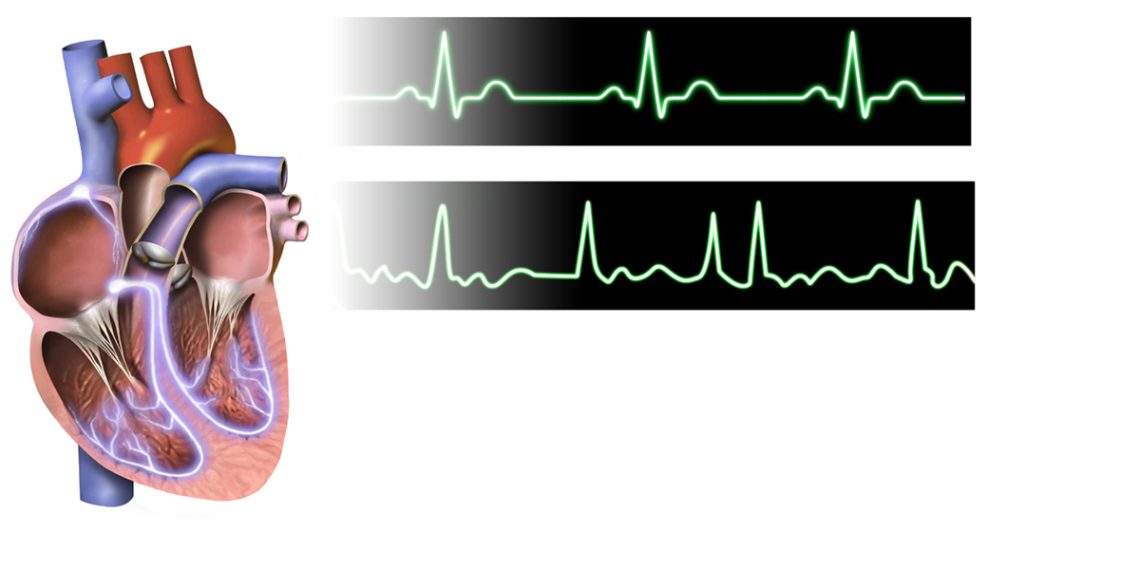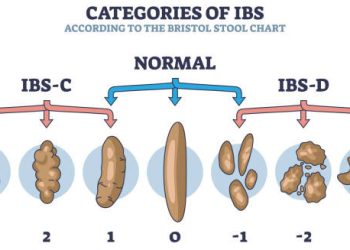Atrial Fibrillation Overview
Atrial fibrillation (AF or AFib) is a common type of irregular heartbeat that affects millions of people worldwide. It occurs when the upper chambers of the heart (the atria) beat irregularly and out of coordination with the lower chambers (the ventricles). This can lead to a fast, fluttering, or pounding heartbeat, and increases the risk of stroke, heart failure, and other heart-related complications.
Some people may feel palpitations, fatigue, dizziness, chest discomfort, or shortness of breath — but others have no symptoms at all, making the condition difficult to detect without a medical check-up.
Atrial fibrillation Over Time
AF can be occasional (paroxysmal), persistent, or permanent, and may worsen over time if left unmanaged. It’s more common in older adults, especially those with high blood pressure, diabetes, or heart disease.
In South Africa, where heart disease is on the rise and regular check-ups may be limited in some communities, early detection and treatment is critical to preventing long-term complications like stroke.
Understanding Atrial Fibrillation
This is a serious condition that can significantly impact heart health, but with proper management, many individuals live active and fulfilling lives. Recognising symptoms early, such as palpitations or fatigue, and seeking timely medical intervention is key to reducing the risk of complications like stroke or heart failure.
The Importance of Early Detection in South Africa
In South Africa, where heart disease is prevalent, early diagnosis and management are crucial. Regular check-ups and awareness of risk factors like hypertension can help reduce the burden of this condition, especially in under-resourced areas.
👉 [Next: Causes and Risk Factors of Atrial Fibrillation]
Treatment and Management of Atrial Fibrillation
Diagnosis of Atrial Fibrillation


